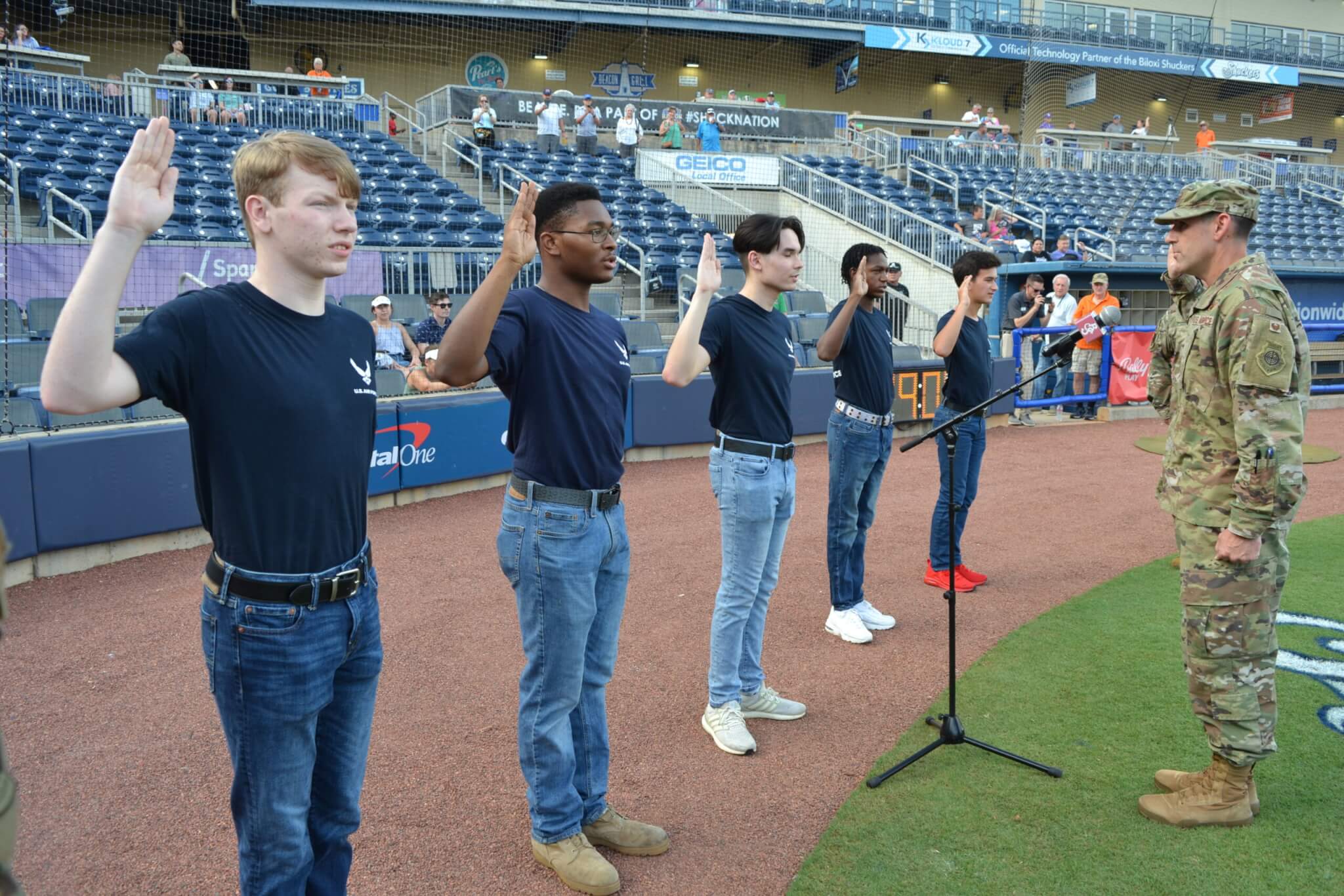The essay is an opinion piece written by Pamela Good, CEO and co-founder of Beyond Basics.
Last year, the United States military recruited 19,748 less people than it had set out to enlist. The reason for this was not because the Department of Defense did not accrue enough applicants, but because so many of those who applied could not pass the Armed Forces Qualification Test, largely due to illiteracy.
Millions of people across America cannot read, a harsh reality that impacts every aspect of our society, including national security. Recent data from the National Assessment of Educational Progress shows that 63% of 12th graders are not proficient in reading, which greatly impacts their readiness for higher education and employment. Though the effects of the illiteracy crisis are far-reaching, the root of the issue is easy to pinpoint, and it starts in the classroom. Defense and military leaders have a duty to protect the future of our nation, and this means making sure every child receives the literacy education they deserve.
Students who do not read proficiently by the end of 3rd grade are four times more likely to drop out of school, making them ineligible to join the military. As of 2022, an alarming 67% of 4th graders cannot read at grade level and are therefore highly at risk of becoming frustrated with school and never completing their education.
Illiteracy currently costs the United States billions of dollars, as adults who cannot read are unable to contribute to the economy and tend to rely on government services such as welfare. The children of today are headed down this path. This is the generation we must prepare to defend the future of our country, and yet we have failed to provide them with literacy, the skill they need most. Without it, they cannot even pass the military’s qualification exam; last year, 47% of young people aged 17-24 failed this test or did not have a high school diploma.
“Today, only 29% of youth are eligible for military service without requiring some form of standards waiver,” retired Navy Rear Adm. Anthony Kurta remarked about the issue. “Recruiting high-quality youth with narrowly focused critical skills is more of an imperative today, given the smaller size of our military force and technological advances. This focus on high-quality, critically skilled youth inherently limits the pool of recruits. In fact, only about 2% of the 20.6 million 17- to 21-year-olds in the United States are eligible, propensed to serve, and of high academic quality.”
Until we make sure every student is fully literate, we are doing a disservice to our children and our country. Fortunately, there is a solution to the illiteracy crisis overtaking our schools. Highest-dosage, one-on-one tutoring that emphasizes phonics, decoding, and comprehension is proven to work. These intensive lessons immerse students in all aspects of literacy, rather than just focusing on one part of the reading process. The one-on-one relationship between student and tutor allows the instructor to plan individualized lessons that cater to the child’s unique learning needs in a way that is not possible in group sessions.
Junior Reserve Officers’ Training Corps (JROTC) students who participate in such programming thrive academically, with their literacy scores improving dramatically. As enlistment rates falter due to illiteracy, the first step to solving this problem is for military leaders to partner with organizations that provide 9th and 10th grade JROTC students with this proven literacy solution, so they are ready to defend our country. The Army is currently taking steps to accomplish this as it works to “help America’s youth overcome academic and physical fitness barriers to service and meet or exceed the Army’s accession standards” by initiating the Future Soldier Preparatory Course, giving all children an equal shot at success.
Now that we have discovered the best way to help children read proficiently, nothing should stop us from providing every student with the resources they need to become successful readers. America’s security depends upon the aptitude of the next generation, and it is up to us to prepare our children to take on this responsibility. Let’s give every child the opportunity to achieve literacy, so their future and the future of our nation are secure.
About the author:
Pamela Good is the co-founder and CEO of Beyond Basics, a nonprofit organization that provides highly effective literacy interventions to students in metropolitan Detroit. Over 20 years ago, Pamela started delivering coats to struggling inner-city schools in Detroit, but soon realized that the children needed more than just coats. This realization led her to co-found Beyond Basics, which offers intensive one-on-one reading tutoring and literacy enrichment programs for K-14 students.
Read comments
























